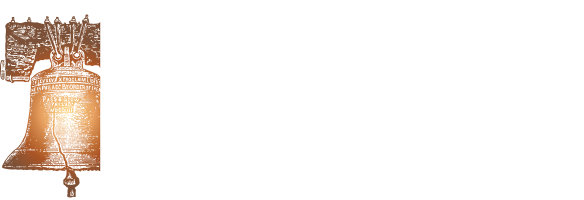Religion and Politics
American Theocracy: The Peril and Politics of Radical Religion, Oil, and Borrowed Money in the 21st Century. Kevin Phillips. I admit it. I’m a big fan of Kevin Phillips. I think he is dead on target on all three fronts: religion, oil politics and bad money. This book predated the economic meltdown that followed, almost presciently so. His critique of American policy in the mid-east, and the hazards of American religion deserve serious consideration.
Thy Kingdom Come: An Evangelical’s Lament, How the Religious Right Distorts the Faith and Threatens America. Randall Balmer. Our list includes a number of volumes from what we have dubbed the “anti-theocrats.” Balmer’s is perhaps the best written and most important. He is himself a prominent evangelical, an associate editor at Christianity Today, and a professor of American Religious History at Barnard College, Columbia University.
Blinded by Might: Can the Religious Right Save America? Cal Thomas and Ed Dobson. America’s foremost conservative columnist and a founder of the Christian Coalition teamed up to issue this 1999 admission that the battle for the soul of America was a lost cause. This is a critique of the Christian political movement from two who have defected from the pinnacle of its leadership.
Why You Can’t Stay Silent: A Biblical Mandate to Shape our Culture. Tom Minnery. Our reading list includes plenty of volumes that are critical of the Religious Right. Here is one in defense of the political agenda. Tom Minnery has been a leader at Focus on the Family for many years, at the heart of this movement to mobilize grassroots support.
Tempting Faith: An inside story of Political Seduction. David Kuo. An evangelical and staffer inside the Bush Administration’s faith-based initiative wrote this “tell-all” critique of how this program was shaped by politics, rather than the desire to truly shape the delivery of social services.
Statecraft as Soulcraft. George F. Will. Our reading list includes both liberals and conservatives. Will is among the most thoughtful and prominent of conservative voices addressing these issues today.
Power Religion: the Selling Out of the Evangelical Church. Michael Horton, editor. This is a collection of articles by prominent evangelicals critical of the cult and covetousness of power within the church. Contributors include: John H. Armstrong, Charles W. Colson, J.I. Packer, and R.C. Sproul.
A Christian Manifesto. Francis A. Schaeffer. The author is the spiritual father of the Religious Right, and this is the volume that mobilized a generation of Christian political activists, whether or not that was the intent. Read it for yourself, and see what you think.
The Second American Revolution. John W. Whitehead. The author served as attorney for Francis Schaeffer, and wrote this book in 1982. It was one of the early calls to arms for Christians in politics. The author has since disavowed much of this philosophy, but his early work remains an important one to understand the development and perspectives of the Religious Right.
The Baptizing of America: The Religious Right’s Plans for the Rest of Us. Rabbi James Rudin. The author is a renowned Jewish leader in interfaith circles, and has a good grasp of his subject. His concerns about the Religious Right may offend some evangelicals, but the Jewish perspective on current Christian religion/political trends deserves a fair hearing.
Kingdom Coming: The Rise of Christian Nationalism. Michelle Goldberg. This represents one of the better secular critiques of the Religious Right, although it is shrill and anti-religious at times. It certainly gives a bird’s eye view into how the secular left views the religious right.
Deadly Detours: Seven Noble Causes that Keep Christians from Changing the World. Bob Briner. A concerned evangelical pastor writes from his heart about the need to eschew politics and return to the gospel. His causes include: Squabbling over Prayer in Public Schools, Making Jesus a Right Winger, Shutting Down the Abortion Clinic, and Fighting for Family Values.
God and Politics: Four Views on the Reformation of Civil Government. Gary Scott Smith, ed. This is a collection of scholarly articles on the application of Reformed theology to the relationship between church and state.
Blasphemy: How the Religious Right is Hijacking Our Declaration of Independence. Alan Dershowitz. The articulate, arrogant and accomplished Harvard law professor has been an ardent advocate of the separation of church and state. This volume is one of many critical of the political activism of the religious right. Dershowitz represents a liberal segment that has taken separation of church and state to a point of practical hostility to religious freedom. Many of his criticisms, however, deserve consideration. Christian conservatives do well to confront the criticism with a humble and teachable spirit, as a learning opportunity. Of course, that does not mean accepting the criticism uncritically. This book will make some angry, others applaud, and everyone will find it easy to read.
Kingdoms in Conflict: An insider’s challenging view of politics, power, and the pulpit. Charles Colson. An early volume by one of the leaders of the Religious Right, in which he clearly sees some dangers of seeking to build public policy, and especially foreign policy, on biblical and prophetic interpretation. Classic Colson.
